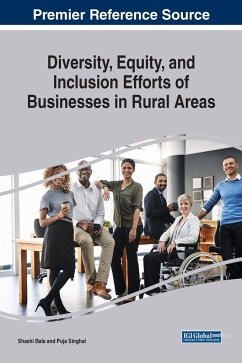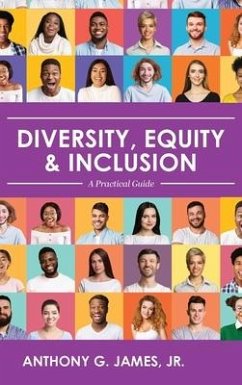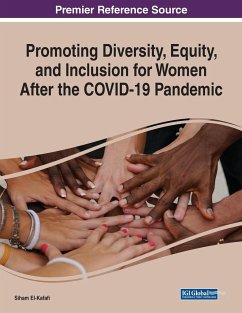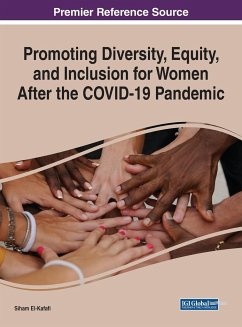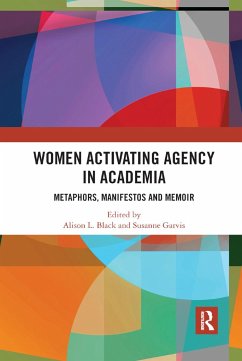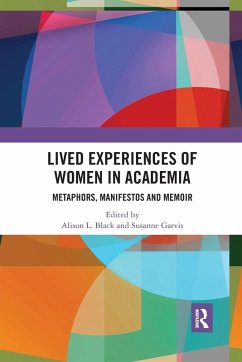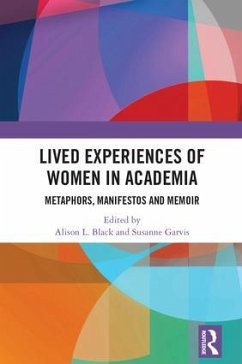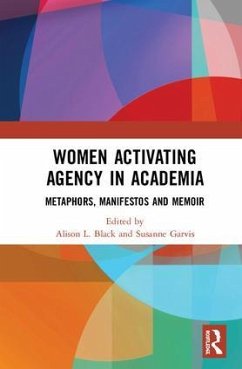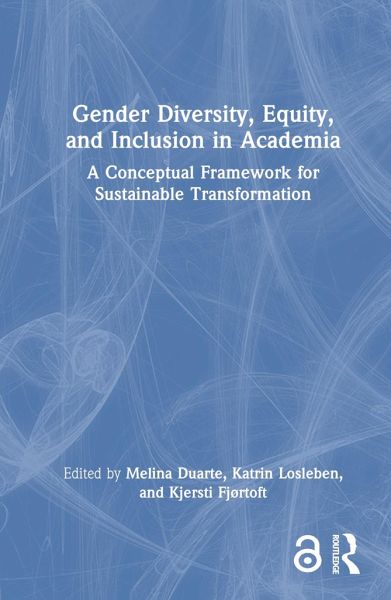
Gender Diversity, Equity, and Inclusion in Academia
A Conceptual Framework for Sustainable Transformation
Herausgeber: Duarte, Melina; Fjørtoft, Kjersti; Losleben, Katrin
Versandkostenfrei!
Versandfertig in 1-2 Wochen
149,99 €
inkl. MwSt.
Weitere Ausgaben:

PAYBACK Punkte
75 °P sammeln!
Gender Diversity, Equity, and Inclusion in Academia scrutinises the conceptual framework for diversity, equity, and inclusion (DEI) actions in academia, to facilitate research-based and critically-reflected decisions in higher education management.






